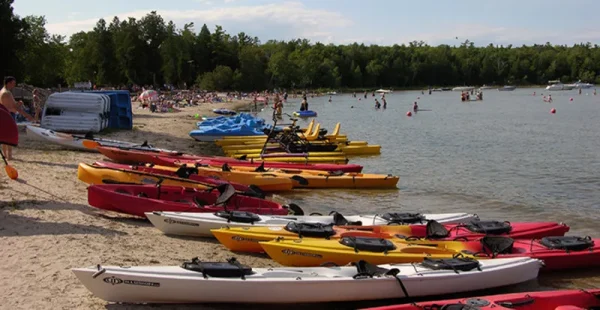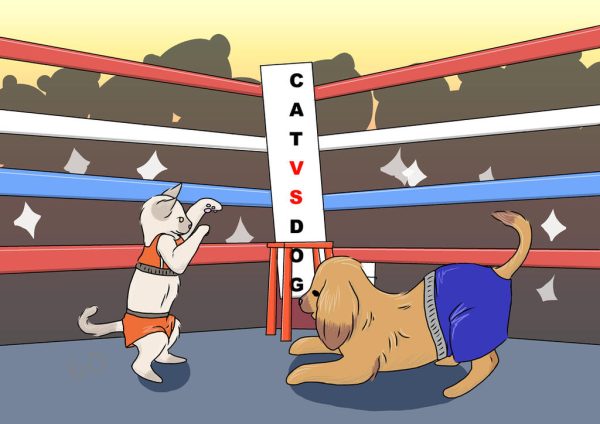Exploring Adverse Childhood Experiences and the generational effects
Trauma is one of the most common factors when it comes to teenagers, with 61% of adolescents experiencing trauma at some point, according to Newport Academy. However, not many know the signs or how to help.
When you dig even deeper, there is a factor that comes into play, this factor is called the ACE’s (Adverse Childhood Experiences).
According to Lloyd Sederer from “Psychology Today,” there are many consequences that can come into play when experiencing ACE’s.
“ACE’s are adverse childhood experiences that can usher in a lifetime of misfortune- and frequently then pass troubles on to succeeding generations,” Lloyd said.
There are many children, teens, and even adults all over the world that could have experienced or still have ACE’s and not even know it.
There are also many other outcomes that can be caused by this negative element.
“Principle types of ACE’s are abuse, neglect, and seriously troubled households…this can risk mental and physical health…can also impact the youth’s social, emotional, and cognitive state…and can foster unhealthy behaviors,” Lloyd said.
Psychology teacher Jennifer Bonham feels that there are many reasons as to why this occurs.
“We need to be aware of ACE’s in every child’s life and understand the impact these incidents have on behavior,” Bonham, said.
Along with this, Bonham feels that there are certain causes of how and why this could occur.
“This also could be from divorce, death, abuse, or any event that negatively impacts a child,” Bonham said.
There are many causes of ACE’s, all impacting individuals greatly. However, there are some age groups that are more affected, having worse outcomes.
School Psychologist Debra Schwiesow expresses that age groups have a lot of impact on the result.
“All ages can be affected by trauma but the younger the child is, the more likely they are to have long-lasting effects they may experience,” Schwiesow said. “However, there are other factors such as how suffering the trauma was, how long it lasted, what are some of the resiliency or protective factors might be present (a caring adult).”
While there are many negative effects, Schwiesow also shares that there are ways to help the problems that come with ACE’s.
“It has been shown that even just one caring adult in a child’s life can help them overcome some of the effects of early trauma,” Schwiesow said.
Many individuals could have experienced ACEs, but what can be done to help those who have or experience this? There are many people to talk to, whether it be friends or counselors.
There are also many people who fear to talk to others. However, remember that there are others there for you, always. If you would like someone to talk to, look at the information below.
Call- 1-800-448-3000
Text- “voice” to 20121
Chat- yourlifeyourvoice.org
Download- The “My Life My Voice” Mood App




